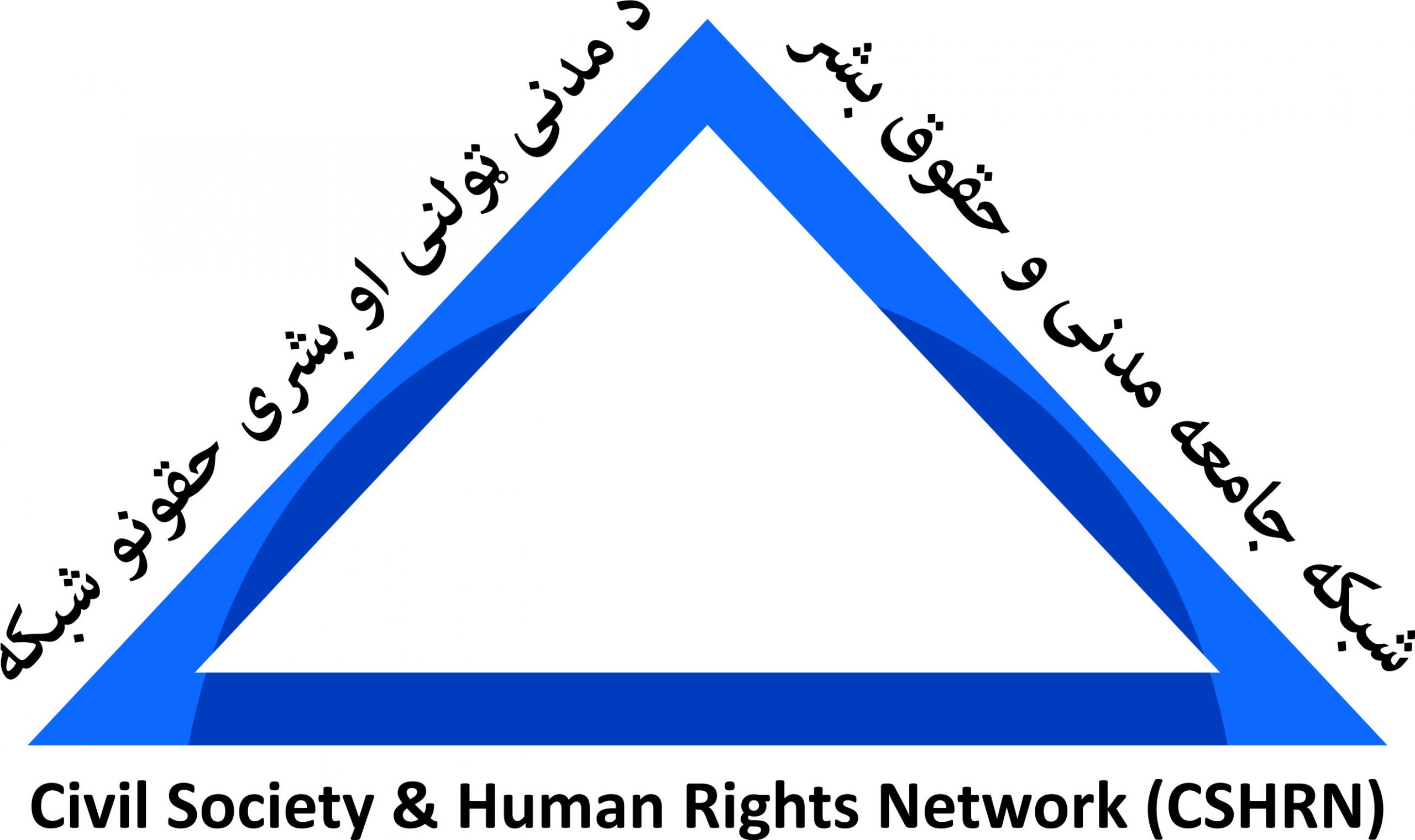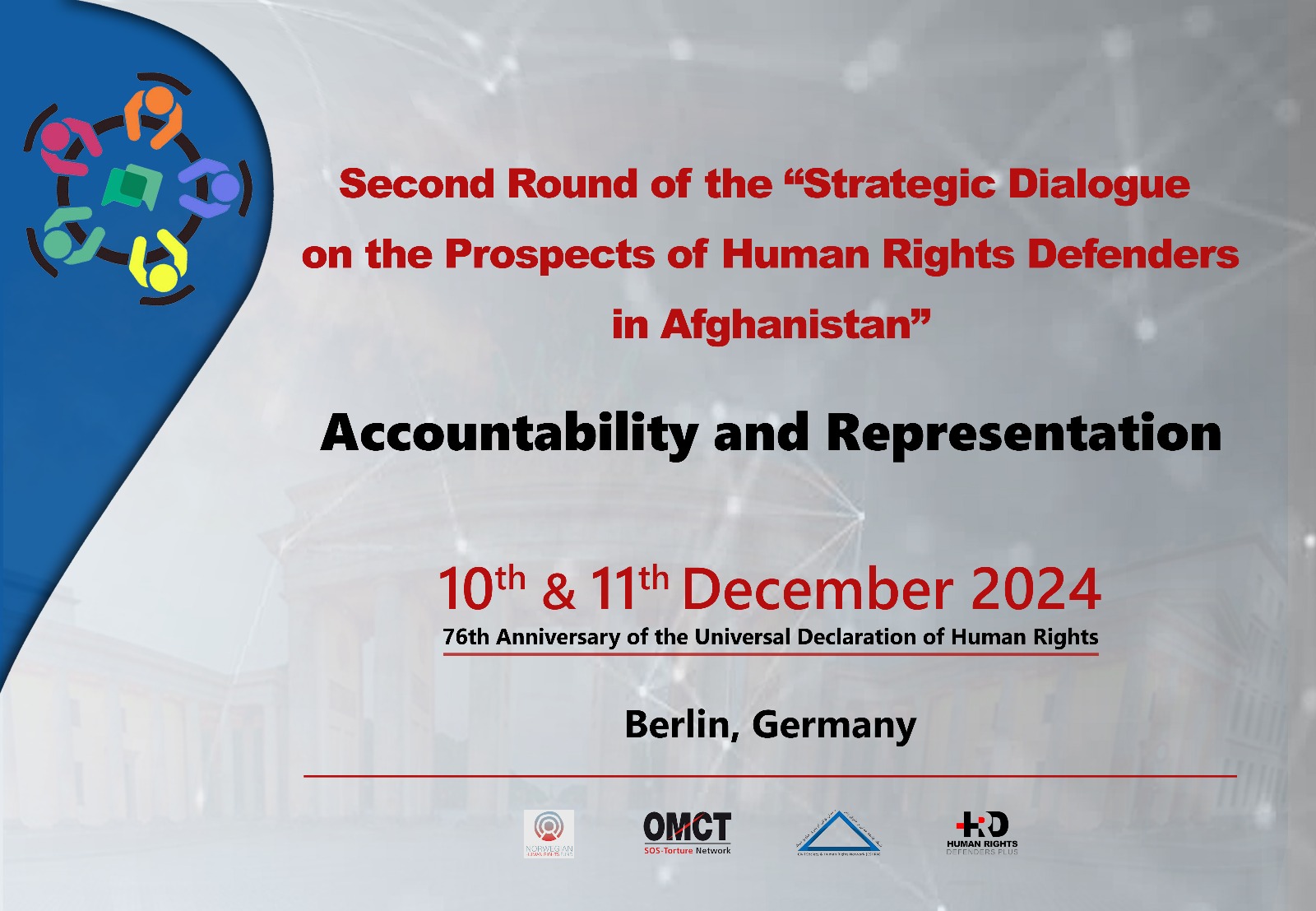Afghanistan: Prison for Critics and Silence of the Media Statement by Human Rights Defenders Plus (HRD+)
29/05/2025The human rights situation in Afghanistan is deteriorating everyday due to the ruling political regime. The Taliban de facto administration has increasingly restricted civil liberties, transforming the society into a prison for dissenting voices and critics.The Taliban intelligence agency has recently intensified its persecution and arrest of critical religious figures. Qari Sirajuddin and Mawlawi Abdul Qader Qanet in Kabul and Mawlawi Bashir Ahmad Hanafi in Helmand have been detained. According to reports, these religious scholars, critical of the Taliban, remain imprisoned by this group.The Taliban Ministry of Information and Culture continuously targets the media, escalating restrictions further. Political and economic programs have been banned, and the publication of images of living beings is now prohibited in at least 17 provinces, encompassing approximately 50% of Afghanistan’s territory. Numerous journalists have been threatened, and based on our information and documentation, currently 16 journalists and media workers remain imprisoned. Compared to last year, the situation for journalists has significantly worsened, with increasing numbers being arrested and jailed.Taliban intelligence agencies and religious police have drastically limited the role of civil society organizations, unjustifiably revoking their permission to operate. Human rights activists and defenders of women’s rights constantly face threats and humiliation, with women’s roles essentially eliminated from society. Only a limited number of women, selected solely based on the Taliban’s needs, remain employed in specific offices. Discrimination against various social groups has peaked, leaving ethnic communities in severe insecurity.Widespread unemployment and growing poverty have plunged the society into economic crisis and misery. Poverty, lack of social security, and extensive human rights violations have forced many citizens to leave the country, despite extremely challenging migration conditions. At the same time, Iran and Pakistan forcibly return tens of thousands of migrants back to Afghanistan, exacerbating food prices, housing shortages, and environmental strain in major Afghan cities.Amid these grave…


